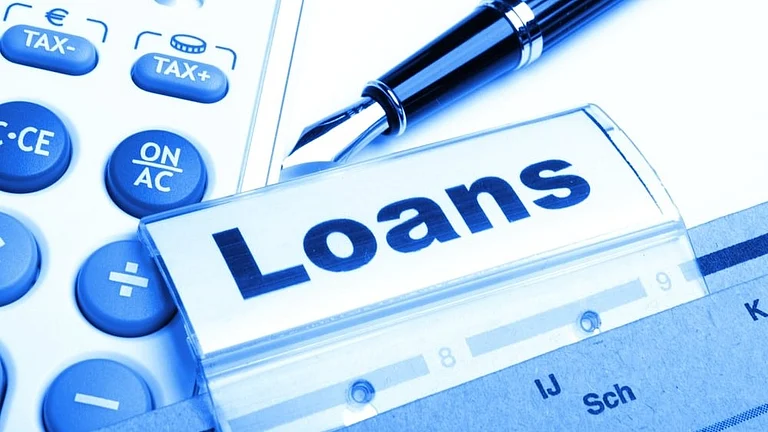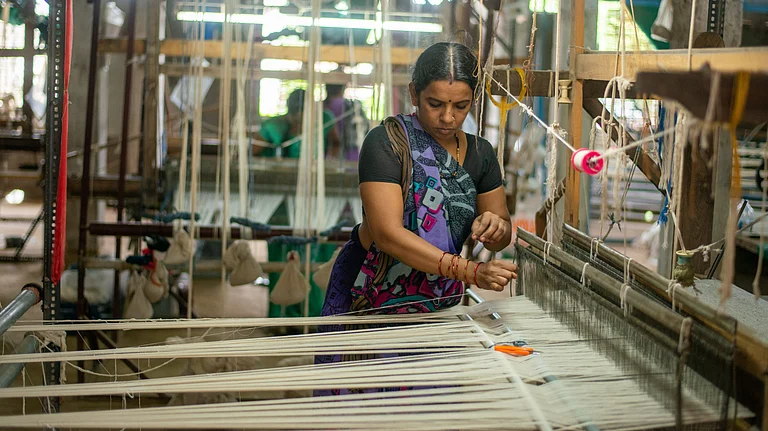Micro, Small and Medium Enterprises (MSMEs) featured prominently in India's 2024 budget, with the Finance Minister making over 20 references to the sector. The budget underscores skills development, job creation, and energy efficiency as critical priorities for the new government. This is crucial, given that MSMEs contribute approximately 38 percent of India's total manufacturing output, provide more than 60 percent of employment, and account for 45 percent of exports.
However, MSMEs have struggled since the pandemic, facing increased global and domestic supply chain regulations and higher material input costs. As India's economic growth accelerates, ensuring a just transition for MSMEs, particularly with regard to access to capital, technology, and markets, will be essential. While various financing schemes exist, the budget extends further credit lines to help the sector overcome these hurdles. Key challenges remain in credit discovery and the effective implementation of existing schemes.
Despite several initiatives, MSMEs in India face significant barriers to accessing finance, with only 20 percent of the sector achieving credit penetration—one of the lowest rates in Asia. This leaves many enterprises reliant on informal credit sources like local moneylenders, leading to high risks and costs. Compounding the issue, the informal nature of many MSMEs and the lack of documentation make it difficult for them to secure financing.
To address this, the government introduced the Udyam Registration Portal, which is integrated with 37 databases, including income tax and GST networks. The portal streamlines access to government schemes such as the Credit Guarantee Fund Trust for Micro and Small Enterprises (CGTSME). However, many Informal Micro Enterprises (IMEs) cannot register due to the absence of a permanent account number or GST registration. In response, the Small Industries Development Bank of India (SIDBI) launched the Udyam Assist Platform (UAP) in 2023. By June 2024, 18.6 million IMEs had joined the UAP, with more than 45 million enterprises registered across both platforms.
For lenders, the India Stack platform provides access to government IDs and data, allowing the creation of credit profiles for MSMEs. The Open Credit Enablement Network (OCEN) supports cash-flow-based lending by connecting lenders, agents, and borrowers. Through the OCEN, MSMEs can share data to facilitate funding, reducing costs related to document verification and underwriting.
The OCEN platform opens up a potential customer base of 190 million micro and small enterprises, with a focus on short-term loans and capital financing. However, only 12 percent of MSMEs in India are digitised, creating a significant challenge for accessing digital finance. Digital financial trails, which capture expenditures, income, and investments, are critical for MSMEs to participate in OCEN lending schemes.
India's 200+ manufacturing clusters, primarily comprising MSMEs, consume the equivalent of 50 million tonnes of oil annually due to energy-intensive processes. As India shifts towards low-carbon alternatives, MSMEs risk falling behind due to financial and technical constraints. A just transition, particularly for energy-intensive industries, is crucial.
Leveraging the OCEN for energy-efficiency financing could help small enterprises upgrade their technology, reduce emissions, and enhance profitability.
To fund the MSME energy transition, lenders must create digital credit profiles based on GST, bank statements, and utility bills. This data should be supplemented by on-site assessments, linking operations and technology to energy-efficiency databases such as SIDHIEE and SAMEEEKSHA. By providing this information to lenders via OCEN, loans can be tailored to the needs of MSMEs.
Digitisation is key to unlocking OCEN's potential. Public institutions like SIDBI must ensure that MSMEs' financial records are digitised and that digital financial trails are maintained. Expanding energy transition financing through co-lending models can help smaller financiers reach MSME clusters. Additionally, making credit data open source will allow other lenders to incorporate this information into their credit scoring models. Embracing digital solutions will be essential for overcoming the institutional challenges that limit financing for MSMEs.































